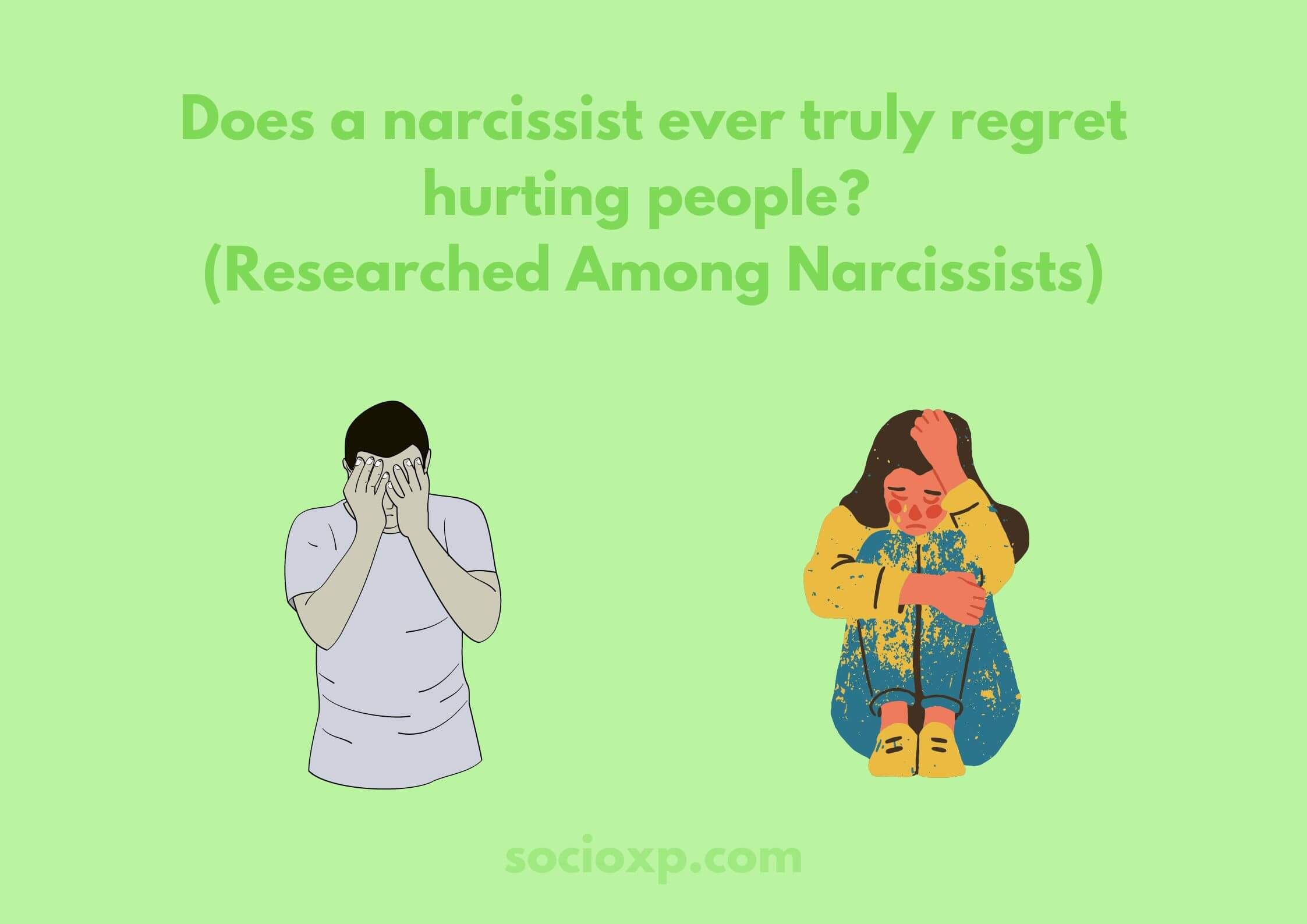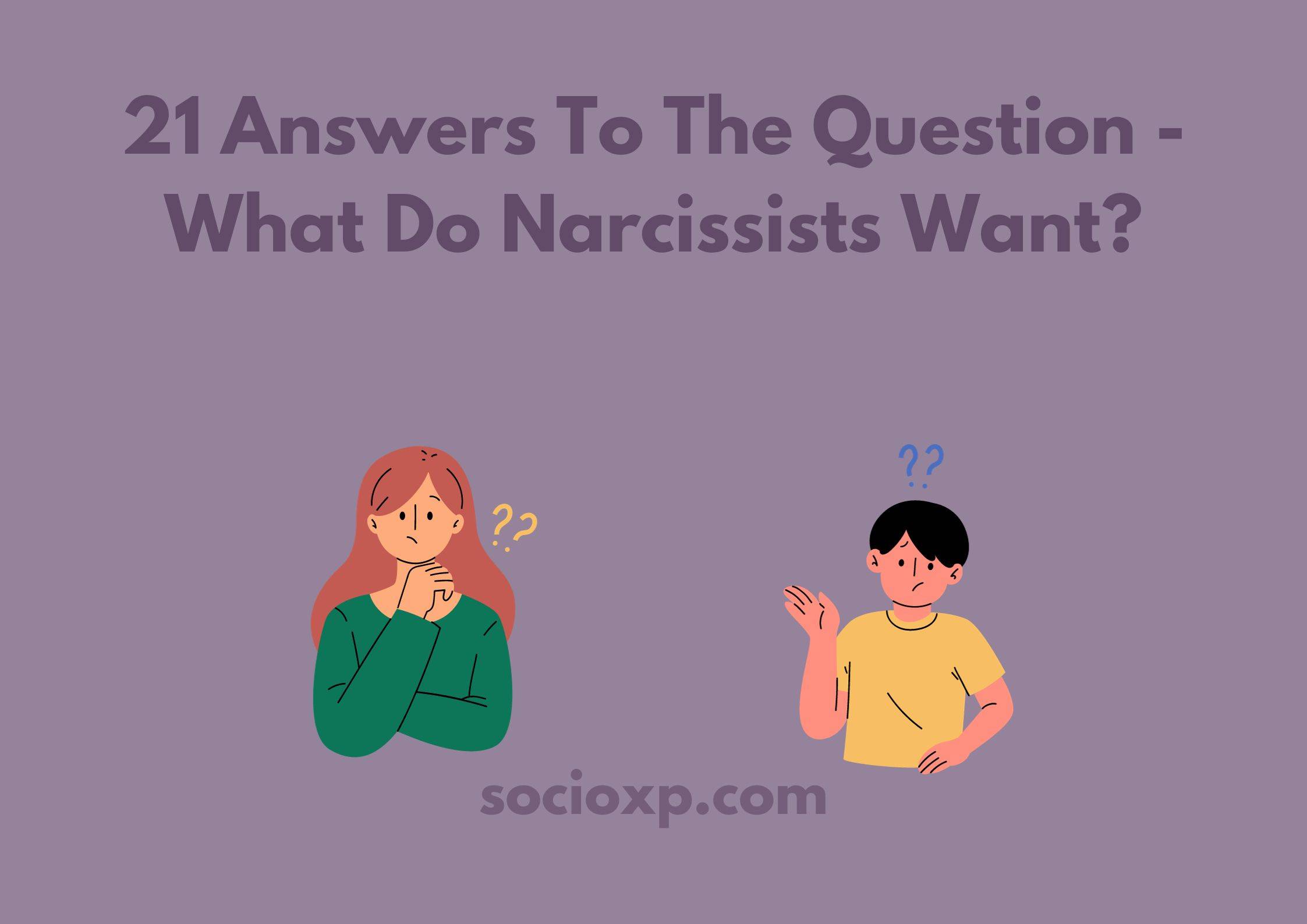What happens when you tell a narcissist they are a narcissist? – Reactions and Rationale
What happens when you tell a narcissist they are a narcissist? Should you tell a narcissist they are a narcissist? When you have finally figured out what is the probable reason for your partner to behave the way they do, your first thought would be to tell them by confronting them. But is it worth telling a narcissist they are a narcissist, even at the cost of your peace of mind?
Narcissists are people who constantly hurt you every now and then. So if you are dealing with someone who you might think is suffering from a narcissistic personality disorder, then your first wish would be to confront them. But does confrontation solves everything?

Let us understand it through an example,
Suppose a person who has a narcissistic partner would constantly be stuck in an abusive relationship. The line between a healthy relationship and an abusive relationship would soon start to fade away. They would not be able to understand that they are stuck in a toxic relationship unless someone makes them realize the truth or they themselves realize it through any source. So once they come to a realization, their first step would be to confront the narcissist and ask for explanations for what they put them through.
They would want to confront to let their narcissistic partner who and exactly what they are, and why are they abusive. Everyone expects the partner to change, but remember here, that narcissists do not change. Narcissists would constantly manipulate their partners by guilt-tripping, gaslighting, and abusing them.
Let us know, “Should you tell a narcissist they are a narcissist?” and “What happens when you tell a narcissist they are a narcissist?” But first, we will know why would you have the urge to confess to a narcissist,
Why would you want to confront a narcissist?
- Confronting a narcissist may be beneficial to both, you and to them. For you, it might give a feeling of contentment that you were able to state the reasons for their toxic behavior. For them, it might be eye-opening as they might not be aware completely or hesitate to believe that they might be suffering through any mental health issue. This might be one of the ways to bring their attention to their mental health issue and present it clearly.
- You might confront them out of concern. You might genuinely be wishing that they might change or improve their toxic behavior which can be beneficial for both, them and you.
- By confronting you might be able to understand their point of view also, through the counter-arguments they might present for the confrontation.
- To show them the path to change. Out of genuine care and concern, you might really wish from the bottom of your heart that they might change if you confront them.
- To seek your revenge. sometimes you need to act against a narcissist when you are done with their constant manipulation and try to confront them at some excellent timing. By doing so you might feel content for a while and also may feel happy.
- To make them realize their mistake and hold them responsible for being such a pain in the neck.
- To regain control of your life. A Narcissist is an individual who is excessively obsessed to have control over all situations like financial situations, etc, and individuals in their life. So by being with them, you might even lose your self-identity and self-control.
- You almost lose your self-worth, self-love, and self-respect, and most importantly you lose yourself when being with a narcissist, so to gain self-worth, self-love, and self-respect you might confront.
- Gaining equal importance, respect, equality, and a chance to build a better relationship, you might make up your mind to confront.
- When you have a permanent relationship like married, engaged, or looking forward to spending your life with them, confronting them might be your best option.
- If you wish to build a reliable relationship together, you might consider the option of confronting.
Should you tell a narcissist they are a narcissist?
Should you tell a narcissist they are a narcissist? rather than thinking about this question first, let us know, “Can you tell a narcissist that they are narcissists?”
So the answer is yes absolutely, but will they listen to you when you are claiming them of something so nasty?
Narcissists would never agree that they have some kind of lack, in this a personality disorder. They would never accept that they are in the wrong, or they would never accept their fault. Narcissists do not realize the trouble they are causing you, also they would not acknowledge that they are causing trouble.

This would put you in a spot where you have two choices, either accept the blame yourself as they would be blame-shifting you, or just leave the thought of confronting a narcissist. They would always play the victim and would blame you for their nasty behavior. They would blame you for instigating such behavior upon you.
Narcissists would adjust and deny the blame when you confront them for being a narcissist. They might even happily accept the fact when you blame them for being narcissistic, and they would take pride as they would refer to themselves as someone powerful. Thus these are a few possibilities for a narcissist’s response, yet you might want to confront a narcissist for your own personal reasons too.
Pros and Cons of Confronting a Narcissist
Let us look at the positives and the negatives of confronting a narcissist,
The Pros
- There is a minutest chance that they might change their behavior if you hold any importance in their life, or they have not yet benefitted from you completely.
- If you have already decided to part ways with the narcissist, then this might be your first towards the change.
- Confronting a narcissist may be beneficial to both, you and to them. For you, it might give a feeling of contentment that you were able to state the reasons for their toxic behavior. For them, it might be eye-opening as they might not be aware completely or hesitate to believe that they might be suffering through any mental health issue. This might be one of the ways to bring their attention to their mental health issue and present it clearly.
- By confronting you might be able to understand their point of view also, through the counter-arguments they might present for the confrontation.
- To show them the path to change. Out of genuine care and concern, you might really wish from the bottom of your heart that they might change if you confront them.
The Cons
- They might not even feel the need to change, and your moment might completely get lost in their neutral response.
- The most expected and go-to defense mechanism for narcissists is gaslighting their victims into believing what they want them to believe. So when you figure out a narcissist, their first reaction or action would be gaslighting as a part of their defense and make you believe that you are the narcissist here, and they are the victim.
- A confrontation may give a boost to providing the narcissist with their dose of narcissistic supply. This would prove that they are able to affect you and this might boost their power.
What happens when you tell a narcissist they are a narcissist?
A few plausible reactions that you can expect from a narcissist when you tell them you know their truth. These are generalized reactions and can vary from person to person.
Denial
Expect the most common reaction of a narcissist “Negation” or “Denial” to anything undesirable happening in their life. Your confrontation right is undesirable for them as they cannot accept criticism well. When dealing with a narcissist, confrontation is always risky and a bad idea. Narcissists run away from the truth and they do not like being told about reality. Narcissists are not good while dealing with truth, feelings, vulnerabilities, and confrontations.
Anger is their Defense Mechanism
The first and foremost reaction of a narcissist to any inconvenience caused by others is anger, rage, or wrath. If you have been with a narcissist you might be aware of their anger issues. They feel more agitated than usual when you ask them to reflect upon the confrontation. They would be harsh with their words. They would try to hurt you emotionally. They might even try to project the confrontation toward you. They may also state that the problem might be with you and not them. They may state that they are perfectly fine with perfect mental health. They would try to reverse the situation and play the victim.
Lack of Self-reflection
Narcissists do not know self-analysis, they only know blaming others for their own wrongdoings. They would not like to engage in any sort of self-improvement or self-reflection. They may just oppose the criticism and they would do anything to maintain their grandiosity and superior image.
Gaslighting
The most expected and go-to defense mechanism for narcissists is gaslighting their victims into believing what they want them to believe. So when you figure out a narcissist, their first reaction or action would be gaslighting as a part of their defense.
Narcissists can change the reality of the situation and they are capable to prove themselves innocent when you blame them for their wrongdoing. Thus gaslighting is a technique that can allow an abuser to create such an atmosphere where the victims question their own reality and it forces the victims to doubt their own sanity.

For instance, they would just twist the reality of the situation. They would be abusive and irrational but would never accept it rather than keep denying such facts. When you confront them, they would be like,
“Stop acting all paranoid”,
“Give a rest to your wild thoughts”
“You sound crazy”
When in reality you would not be wrong but instead they would prove that the problem is with you and not them.
Self-Victimization
When a narcissist knows that you know their truth, then the Narcissist would use the Victim card or have the victim mentality if they believe that they can get out of the situation by guilt-tripping you.
The tendency of self-obsession and self-absorption along with a boosted sense of self-superiority may leave a narcissist to observe the situation of absorbing the blame as something improper or targeting, thus they may decide to play the victim card.
Blackmailing
Narcissists can be vindictive and cruel when they feel that their toxic and abusive self has been exposed and you are the one who is the probable culprit. They would do anything to save their reputation.

Threatening is one of the tactics that resort to when all their tricks seem to fail. So when they believe that you have figured them out or are going to expose their toxic side to the world, they would threaten to reveal your secrets, your shortcomings, your guilty pleasures, or anything that might hurt you and tarnish your reputation.
Their blackmailing does not stop here, they would even go to extreme limits, like withholding all your money, making your children inaccessible to you, expose your dirty secrets in the form of intimate pictures. They would blackmail you with whatever they can dig at that moment. They might even threaten you by intimidating you to cut you off from any joint accounts, joint properties, or investment plans that you made for the future.
Discarding
When you have figured out a narcissist’s true and toxic personality, it is during that time they would decide to discard you. The Discard phase is the time when a narcissist uses you completely until their satisfaction like a pawn, and when they no longer need you or find a reason like you figuring them out, they would just discard you like something unimportant. They just end things abruptly without any established reasons.
Rationale – Should you or should you not tell a narcissist that they are a narcissist?
Looking at the pros, telling a narcissist might seem fruitful up to some extent, and you may give some thought as to how to present your thoughts, the time and the location matter here.
Though you should always keep in mind that confronting a narcissist can always put you in a tough position. “Confronting a narcissist would be like fighting a battle of wills.” But being strong and standing up for yourself holds greater importance than simply dealing with a narcissist after a confrontation.
Now, if you want to end things with a narcissist you may choose to confront their toxic behavior or any other trait that annoyed you. If you genuinely care for a narcissist then also you may choose to confront them.
Thus choose whatever suits you better based on the characteristics and personality of the narcissist in your life. There is always a silver lining on every cloud, so do not leave hope and believe that the narcissist might change gradually if you truly love them. So try giving them a chance, and sources like therapies, self-help books, and your love, patience, and support.
What if they wish to change miraculously and your life may get better with them, without taking any serious measures?
Final Thoughts
If you are determined to expose the narcissist, then take a pause, breath, and relax as it might help you to think better and harder. While dealing with narcissists, may backfire on you and may cause you even more emotional trauma than the narcissist has already caused you.
But if you still believe that they can or might change, then try giving them a chance, along with the confrontation. But here what you may do is make clear boundaries, decide upon the consequences of breaking those boundaries, indulge yourself in self-healing, and always support your own emotional and mental well-being.
- How To Make A Narcissist Discard You And Leave You Alone? - March 21, 2024
- Narcissistic Supply: 9 Signs You May Be Someone’s Narcissistic Supply - March 11, 2024
- Narcissistic Abuse And Anxiety – 11 Symptoms of Narcissistic abuse-induced anxiety - March 9, 2024


